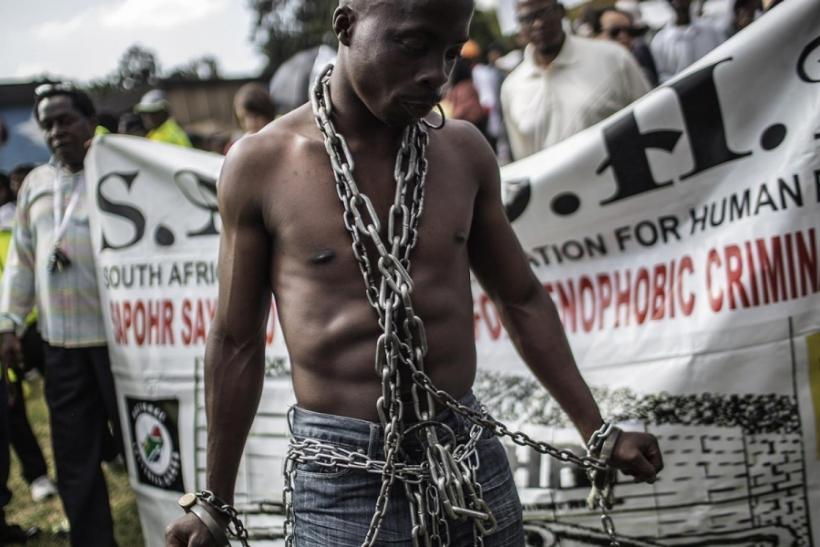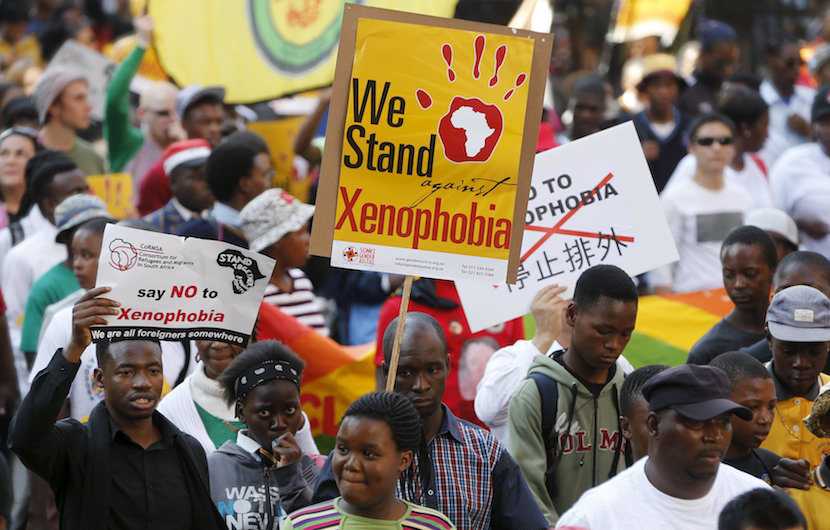On Part Two of our discussion on the sources of poverty in Africa, we cited a book by Martin Meredith. The book is called The State of Africa – A History of Fifty Years of Independence (2005); and we will use it for today’s instalment of our discussion on this topic.

Take note that Meredith has many other incisive books on the African continent. We will be using these books in the future, both for future articles and for the African Camp Fire (ACFS) Podcast. So please stay tuned. The ACFS Podcast, available on this website, is on Episode Three right now. Check it out.
On the topic of why Africa ended up like this, there are few works of history that are as complete as Meredith’s The State of Africa book.
The book begins with a brief rundown of the history of colonisation in Africa. The key aim of the book however, as the full title of the book indicates, is to catalogue what was back in 2005, when the book first came out, the first 50 years African countries after independence.
As the book jumps from one African country to another, you read in despair as African country after African country follows similar pitfalls. By the time you are halfway through the book, a very visible and painful pattern emerges.

That pattern is something like this: there is admirable fight for freedom and independence; a legendary African leader, or leaders, emerge from that fight; the people fall in love with these leaders; then, the leaders take over from the European colonisers. From that point on all hell breaks loose.
The years after colonisation are a complicated jumble of multiple events that eventually lead to confusion, chaos, coups de tat and counter coups de tat, tribalism, wars, genocide, widespread poverty and abject hunger.
Some of the events that contribute to this chaos are international in nature. One of those events is the Cold War between the USA and the Union of Soviet Socialist Republics (the USSR). Our current series on the ACFS podcast, called Cold War Pawns, is covering the Cold War in great detail.
So tune in into our podcast to learn about the Cold War.
On the podcast, we also state that the former colonial powers also played a nefarious role in the chaos that ensured after freedom arrived in Africa.
What is disappointing about this is that in most cases it is the leaders that are considered “fathers” of their respective countries that take the lead in perpetrating the dissolution in African countries.
Most of these leaders start out as good and caring individuals, who want nothing more than to serve their people. But soon something happens, something that is very difficult to ascertain. It is difficult to explain why these leaders go from great freedom fighters on behalf of their people to the bandits in chief.
Some of it though can be attributed to pure love of power. As soon as these former freedom fighters realise that they can lose power through proper democracy, they start tinkering with elections. In cases where they don’t tinker with the elections, after they lose an election they basically just stay in power through sheer military force.

At some point, they also began plundering the state on familial and tribal lines. The leaders’ tribe, family and clan are let loose on state resources. In many countries around the world, and throughout history, the stealing of state resources is more common than people in those countries would like to admit. We discussed this concept in our last article, Part Two. This is a concept that author Ian Morris has dubbed Stationery Banditry.

But Stationery Bandits, at least those that are able to be bandits on one hand, and great state builders on another, have to be careful in how they steal from the people. You can steal from the people until nothing is left, and the people become poor, or until the people are forced to react violently through a coup. In Africa, most of the Stationery Bandits that took power after colonisation stole until their states devolved into extreme chaos. Some of those African countries are even today considered as failed states.




